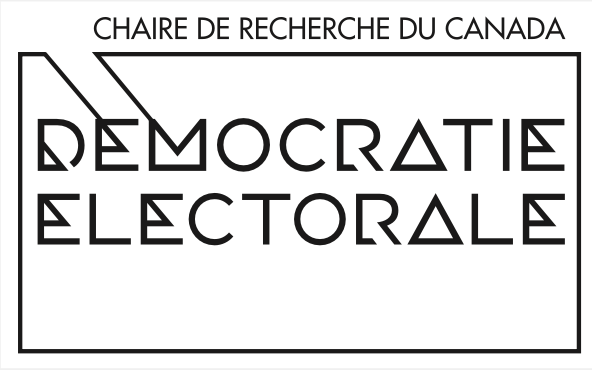Electoral Chair’s Seminar – 10 April
Power, Representation, and Ideology – Explaining Political Elites’ Satisfaction with Democracy
Benjamin Ferland-University of Ottawa, co-written with Valere Gaspard-University of Ottawa, and Johan Savoy-University of Ottawa
Research on satisfaction with democracy has increased in recent decades, with researchers studying how democratic satisfaction influences political attitudes and behaviors as well as the individual and contextual determinants of citizen satisfaction with with regard to democracy. However, to our knowledge, researchers have failed to consider the democratic satisfaction of political elites. Using data from the Comparative Candidates Survey, the study fills this gap by examining four blocks of factors likely to influence the democratic satisfaction of elites: 1) the minority-majority gap in descriptive representation; 2) the winner-loser gap in elections; 3) the ideological positions of parties and elites; 4) and the role of electoral and legislative institutions. Our study thus contributes to identifying some of the conditions that promote or undermine the satisfaction of political elites with regard to democracy.

This content has been updated on 3 April 2024 at 9 h 48 min.
Comments